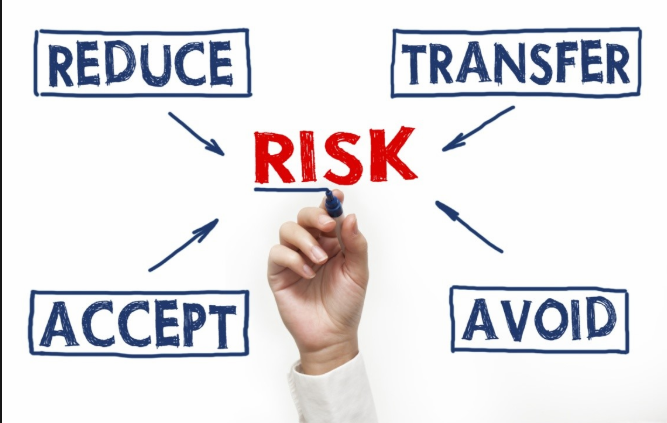The Most Overlooked Risk
What is your biggest asset? Most people might answer your house, boat, car, or investments. When in fact it is your income and your ability to earn a living.
When I review a person’s financial situation, one of the most common areas that is overlooked is to protect their ability to earn a living. Disability insurance is a critical part of a person’s risk management plan. When you think about all of the things that people have insurance for, cars, houses, electronics, death, etc. Unfortunately if you do not have an income all of these other areas fall apart.
When it comes to managing risk, a financial planner looks at two main factors:
1. Risk – what is the chance of this happening?
2. Impact – If it does happen, what is the potential damage?
As an example, the risk of a house fire is low but the damage it can cause financially is extreme. Hence why people buy home insurance.
The Risk Is High:
Did you know that 1 in 3 people, on average, will be disabled for 90 days or more at least once before they reach age 65?*
The Impact Can Be Severe:
How long could you survive for without your income? Most families could last maybe 4 to 6 months before they would have to start selling other assets such as investments or their home. How would you survive till age 65 and then into retirement?
The main way to manage this risk is to have long term disability insurance to protect yourself in case of an illness or injury.
Possible Options:
1. Canada Pension Plan – This will only pay for the most severe disabilities and the amount is small.
2. Worker Compensation – This only covers you if it is a work related injury.
3. Group Plan – This is how most Canadians are covered. IMPORTANT! You should have your coverage reviewed to make sure you are properly protected.
4. Individual Plan – You can purchase this through the major insurance carriers.
Key Facts:
• If you are an executive or earn over $80,000 per year and you have group coverage you should have it reviewed, as you may not be fully protected.
• If you have group coverage your plan definition typically will change after 2 years of being disabled. This can allow the insurance company to decline your coverage if your disability is not severe enough. This is done to keep your rates lower for your group plan. You can get individual insurance to protect against this.
• The definition of a disability policy is critical.
• Most disability insurance is designed to cover you till age 65; some may have only a 5-year benefit period.
As with any financial strategy we would recommend ensuring that you have your personal situation reviewed by a professional to make sure that is done in the best way possible. If you have any questions or would like your plan reviewed feel free to contact us.
*Source – “A guide to disability insurance”. Canadian Life & Health Insurance Association






